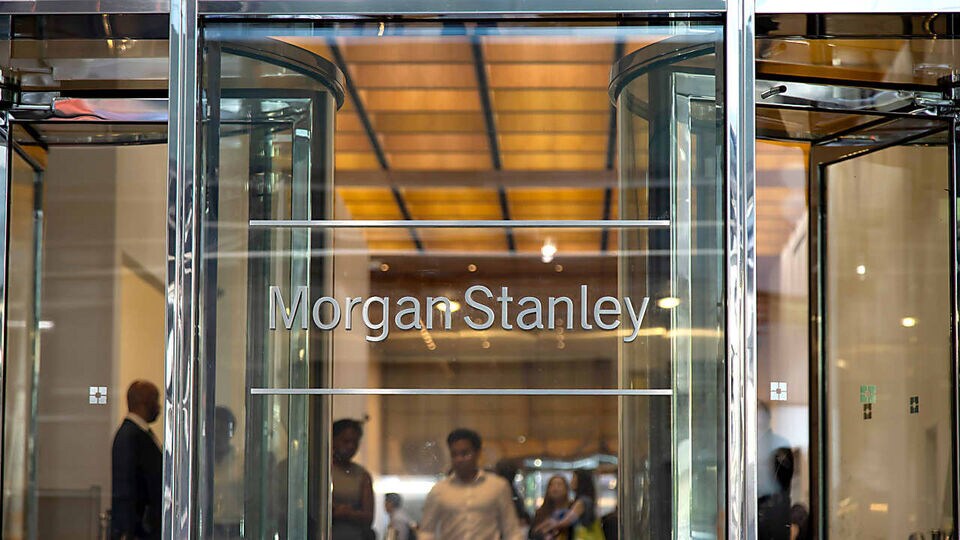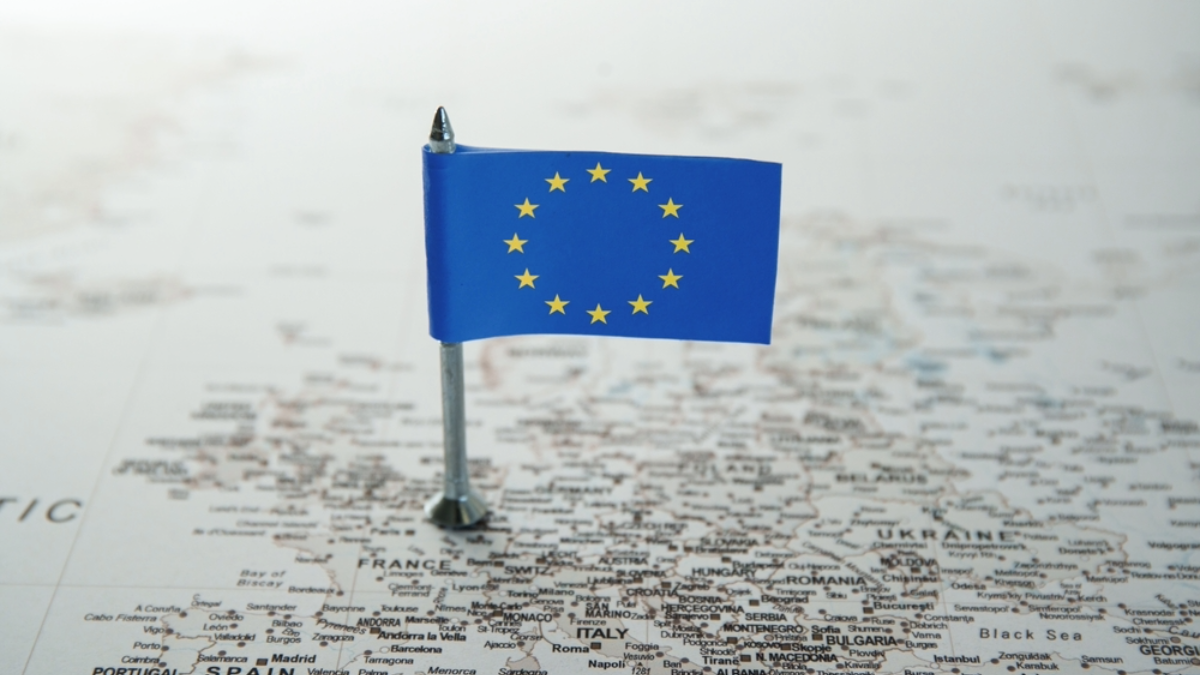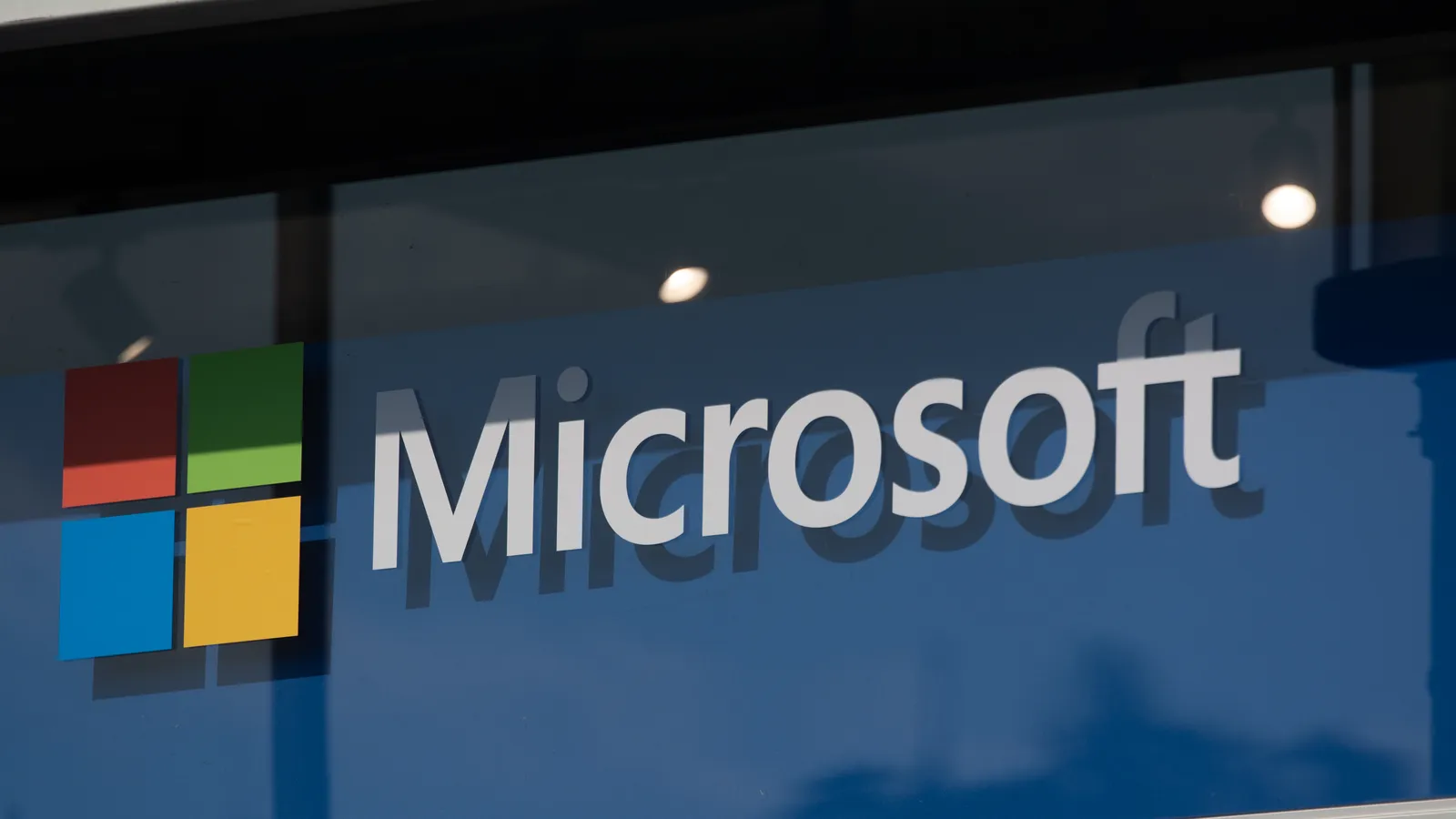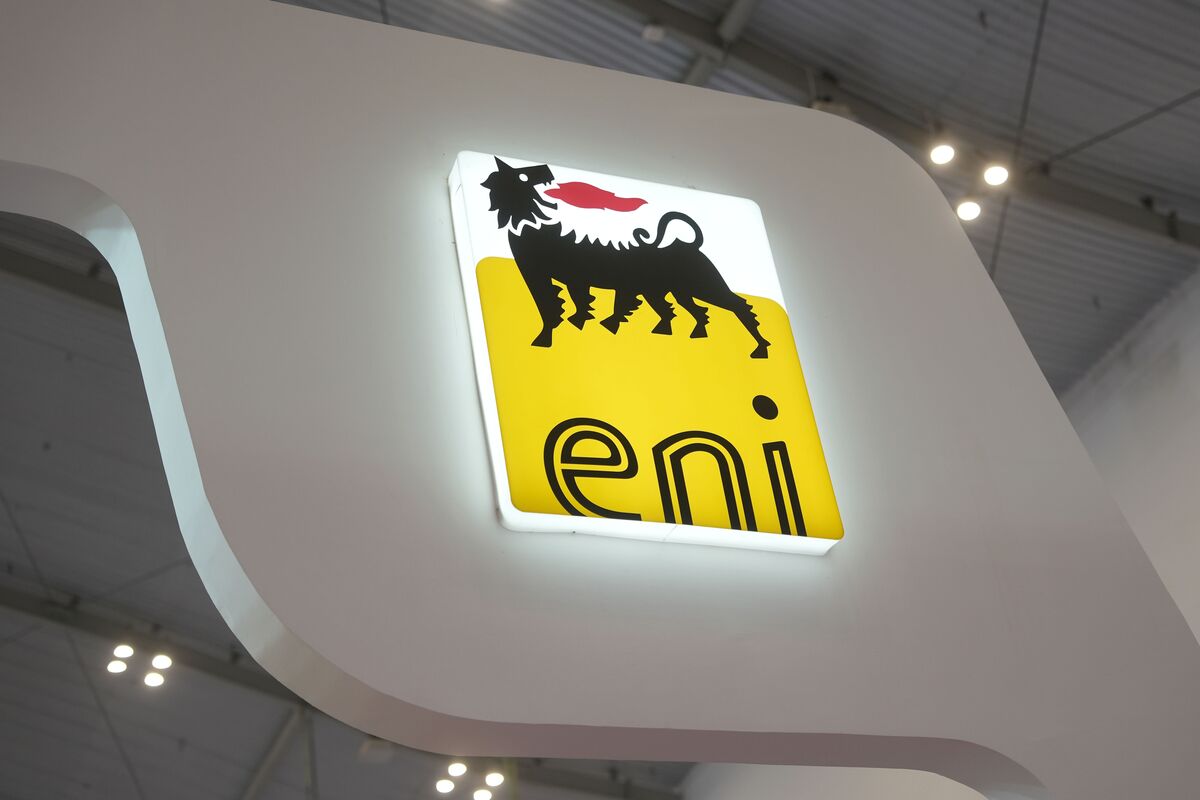Barclays Toughens Deforestation Rules for Beef Sector Clients
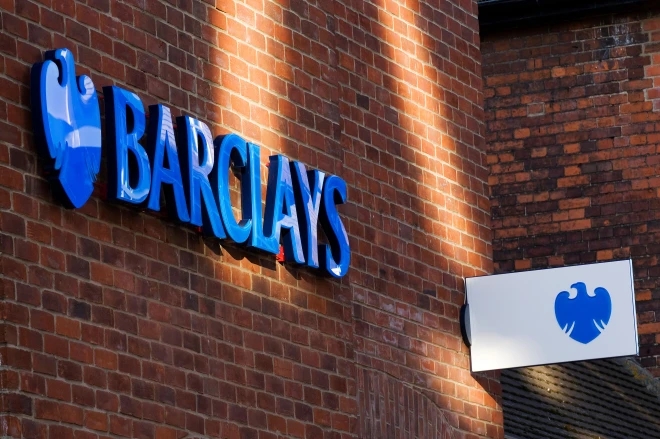
|
Listen to this story:
|
Barclays has told beef sector clients they must prevent deforestation in their South American supply chains, in a policy document seen by Reuters that toughens the bank’s stance but stops short of campaigners’ demands.
British bank Barclays has been a particular focus of activists given its role as a financier of Brazilian food-processing company JBS, which has been criticised for its role in deforestation in the Amazon.
JBS did not immediately respond to a request for comment.
Barclays said in a statement to Reuters it had “not provided financing to entities that undertake these activities since 2021” following “enhanced due diligence and oversight for clients engaged in beef production or primary processing operations in Brazil”.
The bank’s new policy on deforestation, effective from July 1, is not formally on the agenda of the bank’s annual general meeting in London on Wednesday, but has been raised as an issue by campaigners.
Pressure on companies to widen their focus on environmental protection has mounted since a landmark deal at a United Nations summit in December to protect biodiversity.
Official data showed the scale of the task in Brazil where deforestation in the Amazon rainforest rose by 14% in March from the previous year.
The document seen by Reuters said the bank required beef producers to prohibit the production or primary processing of beef on or from areas in the Amazon cleared or converted after 2008.
See related article: Barclays and British Gas Team to Support Customers in Making Their Homes More Energy Efficient
It also required them to commit to a deforestation-free South American beef supply chain, both direct and indirect, with full traceability, by 2025 in areas at high risk of deforestation including the Amazon, Brazil’s Cerrado and the Chaco biomes.
Companies would also need to monitor, verify and report on deforestation-free beef volumes by December 2025 and have a policy commitment in place to respect human rights across their operations and supply chain.
More broadly, Barclays said it had “no appetite” for providing financial services to soy, beef, palm oil, forestry and timber companies directly involved in illegal logging or related activities, which used fire to clear land or which committed acts of violence or exploitation of local communities.
ILLEGAL DEFORESTATION
An audit by federal prosecutors in December said nearly 17% of cattle bought by JBS in Para state came from ranches with “irregularities” such as illegal deforestation.
Research from non-profit groups BankTrack, Feedback Global and Mighty Earth, shared with Reuters, estimates Barclays provided $6.7 billion in finance to JBS and its subsidiaries between 2015 and 2022, making Barclays its biggest financier.
Barclays did not refute the number when questioned by Reuters.
Prior to the launch of the new rules, non-profit Global Canopy had scored Barclays 28% across deforestation-linked policies, lagging HSBC’s 39% and Standard Chartered’s 45%, yet better than the 23% of JPMorgan and Citigroup.
The new policy, while welcome, is too reliant on self-reported data from the companies, said Gemma Hoskins at Mighty Earth.
“The policy does not include sufficient processes to be able to catch, monitor or verify any cases that don’t comply and ultimately they are asking for the companies to do the monitoring, reporting and verifying themselves,” Hoskins said.
The policy is unclear about how it will define areas at “high risk” of deforestation and it is not clear what will be mandatory for the bank’s clients, given the use of terms such as “expectations”, she added.
In the policy documents Barclays said it would encourage companies that fall short to adhere to the policy but it did not explain how. There was also no requirement for a third-party to verify progress, Hoskins added.
Source: Reuters



